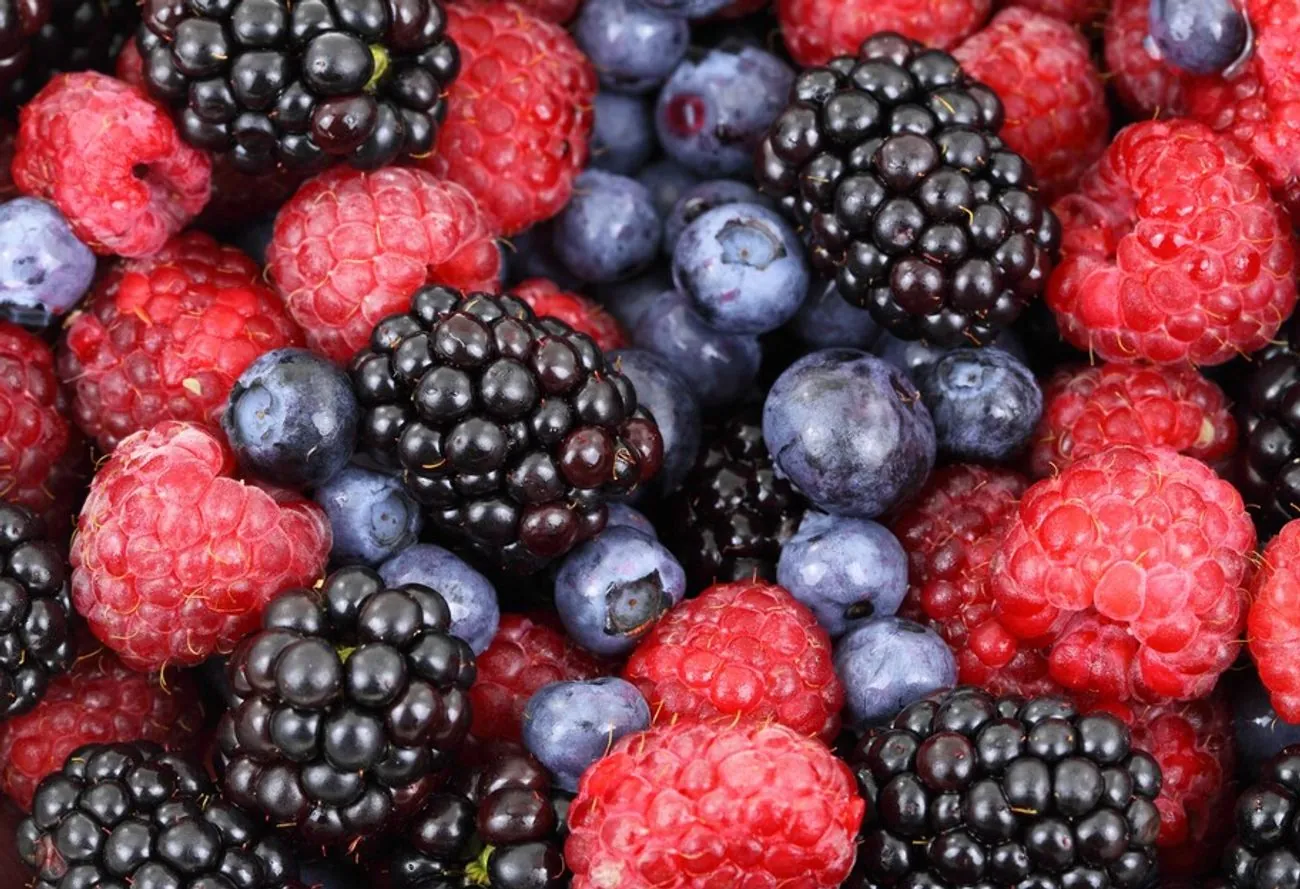“Ukraine is a world leader in the berry market: our scientists have created over 170 new varieties of rare cropsUkraine leads in the export of frozen raspberries and has increased the supply of blueberries. Scientists have created over 170
varieties of berries to protect the harvest.”, — write: unn.ua
DetailsFruit and berry crops occupy an important place in the agricultural sector of Ukraine, demonstrating stable growth in production and exports. In 2024, our country became the world leader in net exports of frozen raspberries, surpassing Poland and Serbia with a record 65 thousand tons.
The production of blueberries is also growing. In 2024, its exports from Ukraine amounted to 5 thousand tons, which is 33% more than in the previous year. In monetary terms, Ukrainian blueberry exports amounted to $26 million, which is 56% more than in 2023.
At the same time, Ukrainian scientists are systematically working on improving plant varieties and creating new species. In particular, the Institute of Horticulture of the National Academy of Agrarian Sciences of Ukraine has created and developed collections of rare fruit and berry crops, and is also introducing modern plant improvement technologies to protect crops from dangerous viruses.
It is about 27 varieties of blackberries, 16 of honeysuckle, 22 of highbush blueberries, 34 of sea buckthorn, 28 of viburnum, 4 of mulberry, 7 of chokeberry, 9 of Canadian irga, 5 of medicinal rowan and 11 of trilobate azimine. Also, a special collection of 10 samples of currants is registered in the National Center of Plant Genetic Resources of Ukraine. Therefore, in general, we are talking about 173 varietal samples of rare fruit and berry crops. At the same time, 15 of them (10 samples of sea buckthorn and 5 samples of common viburnum) have already been included in the National Gene Bank of Ukraine, certificates have been issued and catalog numbers have been assigned.
According to scientists of the National Academy of Agrarian Sciences, special attention is paid to the fight against viral diseases, which can reduce yields by 40-50%, and sometimes lead to the complete destruction of plantations. That is why the Institute of Horticulture is actively developing technologies for creating healthy planting material that is free from viruses.
The main directions of our work are the development of methods for accelerated reproduction of fruit, berry and ornamental crops, the improvement of methods for improving varieties using chemotherapy, thermotherapy and “in vitro” culture. We are developing methods of genetic identification and creating genetic passports for valuable varieties. This is important, because, for example, raspberries and blackberries in Ukraine are often affected by viruses imported from abroad due to the lack of domestic healthy material
As the Institute said, mother plantations have already been created on the basis of the laboratory, from which certified planting material is grown, free from viruses – this allows not only to save crops, but also to reduce Ukraine’s dependence on imported planting material.
Let us remind youResearch conducted by scientists of the Institute of Horticulture of the National Academy of Agrarian Sciences showed that the raspberry bushy dwarf virus, which is often found in imported planting material, significantly reduces the drought resistance of plants. The experiments described in the journal “Gardening” (2024) established that infected plants of the “Joan Jay” variety lost 35.6% more water than healthy ones, and the level of water deficit increased by 81%. This means that infected seedlings not only give a worse harvest, but are also much more vulnerable to drought – a critical factor in the context of climate change. Thus, the use of imported seedlings, which are often not certified, is not just a risk of viruses, but also a real threat to the harvest, the quality of berries and the stability of the entire agricultural sector.
